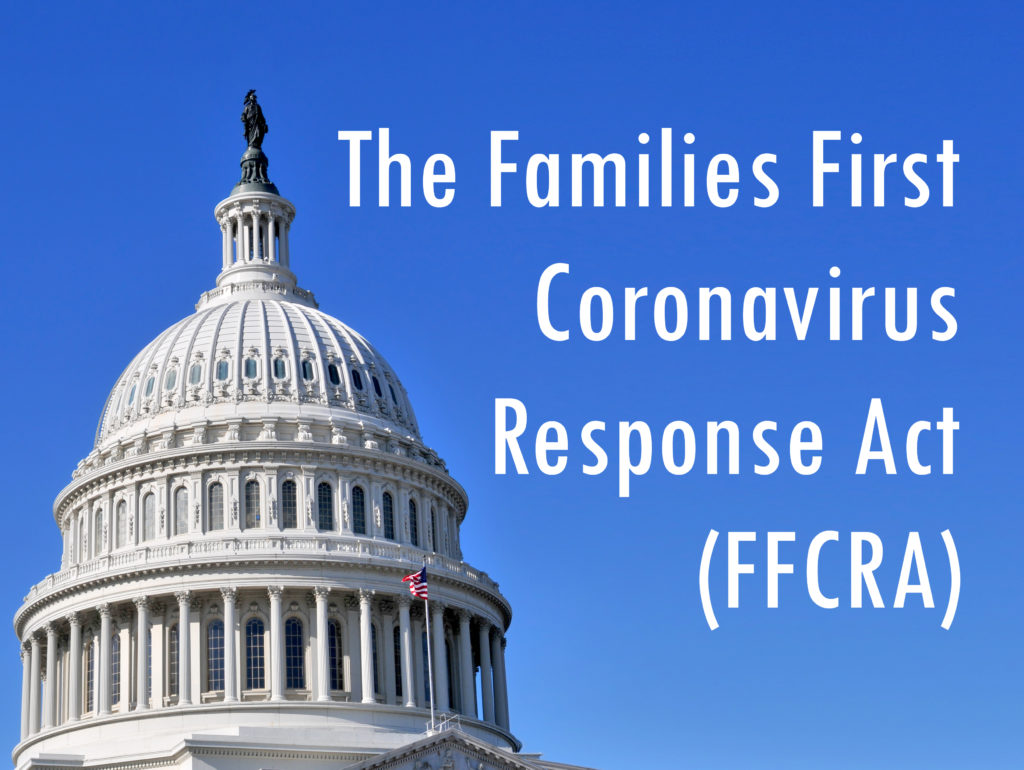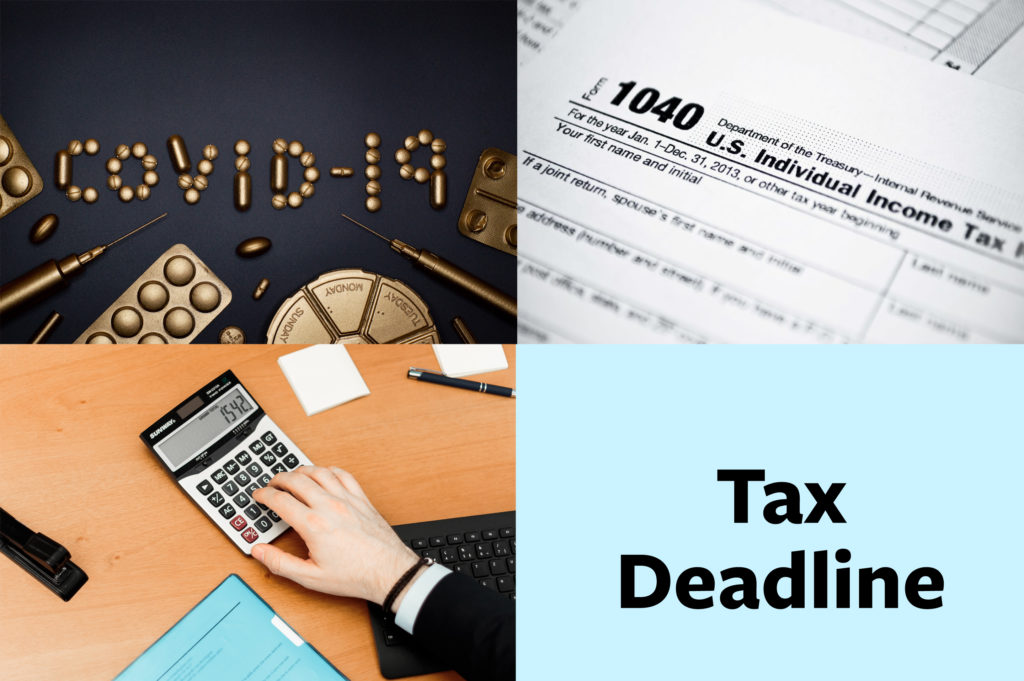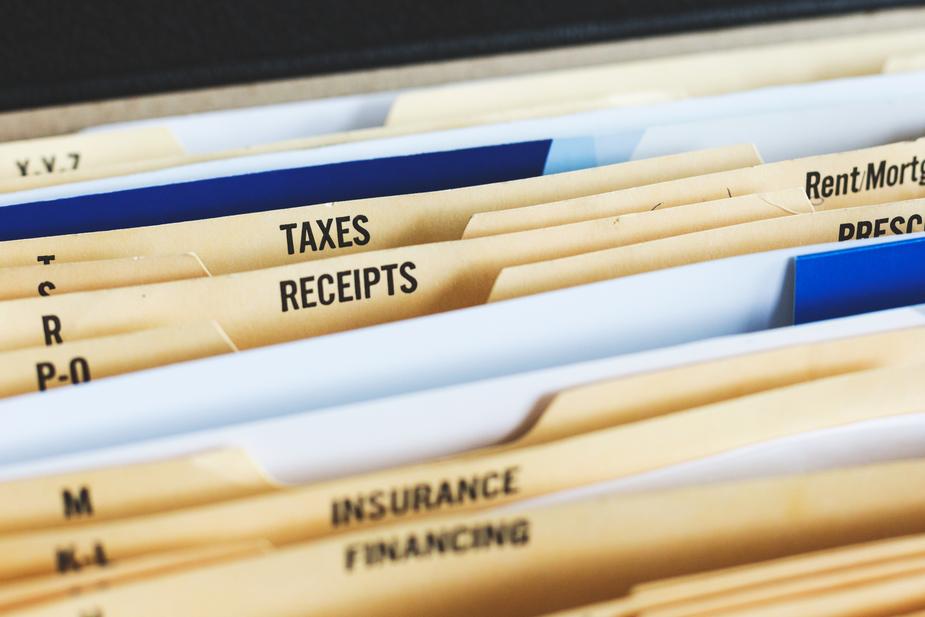
One of the most significant features of the SBA’s Paycheck Protection Program is the forgiveness provision—the loans become grants for companies that use the loans to maintain their workforce levels. Companies that have met the stringent requirements need to fill out a form and follow instructions carefully—they include several measures to reduce compliance burdens and simplify the process for borrowers, including:
The application requires extensive information about your business and the loan, so be sure to have your paperwork ready as you begin.
©2020

The IRS has provided guidance for taxpayers who wish to waive or reduce the amount of net operating loss (NOL) that must be carried back related to NOLs arising in tax years beginning in 2018, 2019 and 2020 (Rev. Proc. 2020-24). It has also extended the deadline for filing an application for tentative carryback adjustment under Section 6411. This extension applies to NOLs that arose during a tax year beginning in 2018 and ending on or before June 30, 2019.
(more…)
The Families First Coronavirus Response Act (FFCRA) signed into law by President Trump on March 18, 2020 provides family and medical leave, and sick leave, to employees and provides credits to employers who provide such leave. On its website, the IRS has released a series of frequently asked questions regarding credits for wages paid for family and medical leave and for emergency paid sick time. These FAQs include important information regarding what employers are eligible for the credits, when they can claim the credits and what amount of credit employers are eligible to receive.
(more…)
During these challenging and unprecedented times, your highest priority is certainly the health of yourself and your loved ones.
However, to assist taxpayers with the economic pains caused by COVID-19 (commonly referred to as Coronavirus), the Coronavirus Aid, Relief, and Economic Security (CARES) Act was passed on March 27th. This Act contains a massive amount of relief and with it, a complexity that may be difficult to unravel. We have included the most salient points for each aspect of the law and separated them into categories (business and individuals) to assist with categorization. Please note there is some overlap of these provisions, therefore you might want to read each section below to determine what might apply to you. This tax legislation is very complicated, therefore you should contact our office to discuss how any particular provision will impact your specific situation.

The U.S. Small Business Administration (SBA) is offering low-interest federal disaster loans to small businesses (including sole proprietors, independent contractors, gig economy workers and other self-employed individuals) that are suffering economic hardship due to the COVID-19 crisis. If eligible, your business may be able to borrow 250% of your average monthly payroll
(more…)
Right now, your highest priority is the health of those you love and yourself. But if you have time to read about some non-medical but important matters related to the health crisis, here is a summary of IRS action already taken and federal tax legislation already enacted to ease tax compliance burdens and economic pain caused by COVID-19 (commonly referred to as Coronavirus).
(more…)
During these challenging and unprecedented times, your highest priority is certainly the health of yourself and your loved ones.
However, to assist taxpayers with the economic pains caused by COVID-19 (commonly referred to as Coronavirus), the Coronavirus Aid, Relief, and Economic Security (CARES) Act was passed on March 27th. This Act contains a massive amount of relief and with it, a complexity that may be difficult to unravel. We have included the most salient points for each aspect of the law and separated them into categories (business and individuals) to assist with categorization. Please note there is some overlap of these provisions, therefore you might want to read each section below to determine what might apply to you. The provisions of the Act will apply to our clients to varying degrees; however, we have summarized the key components below.

Despite all the gridlock in Washington, as well as an impeachment, the SECURE Act has passed. It changes a number of important retirement plan rules. The act runs over 120 pages, so the experts will be poring over it for some time. Meanwhile, a number of sources have weighed in on what they think are the key provisions. (Note that last-minute alterations and more detailed analysis may lead to additional changes in the coming weeks.)
(more…)by Don Purvis

As the end of the year approaches, it is a good time to think of planning moves that will help lower your tax bill for this year and possibly the next. Year-end planning for 2019 takes place against the backdrop of recent major changes in the rules for individuals and businesses. For individuals, these changes include lower income tax rates, a boosted standard deduction, severely limited itemized deductions, no personal exemptions, an increased child tax credit, and a watered-down alternative minimum tax (AMT). For businesses, the corporate tax rate has been reduced to 21%, there is no corporate AMT, there are limits on business interest deductions, and there are very generous expensing and depreciation rules. And non-corporate taxpayers with qualified business income (QBI) from pass-through entities may be entitled to a special deduction.

Do you have an Individual Taxpayer Identification Number (ITIN)? If so, it may be expiring soon.
All ITINs not used on a federal tax return at least once in the last three years will expire on December 31, 2019. In addition, ITINS issued before 2013 with middle digits of 83, 84, 85, 86, or 87 (Example: 9XX-83-XXXX) will expire at the end of the year.
The Internal Revenue Service (IRS) is encouraging taxpayers to submit their renewal applications early in order to avoid refund and processing delays in 2020. Taxpayers can renew their ITIN by completing a Federal Form W-7 and mailing it to the address listed on the form’s instructions with any required documentation. You can find the form here.
What is an ITIN?
An Individual Taxpayer Identification Number (ITIN) is a tax processing number assigned to individuals who do not have, or are not eligible to obtain, a Social Security number (SSN). Typically, only United States citizens and those non-citizens who are authorized to work in the U.S. receive SSNs.
For more information, visit the IRS’s Individual Taxpayer Identification Number web-page.
